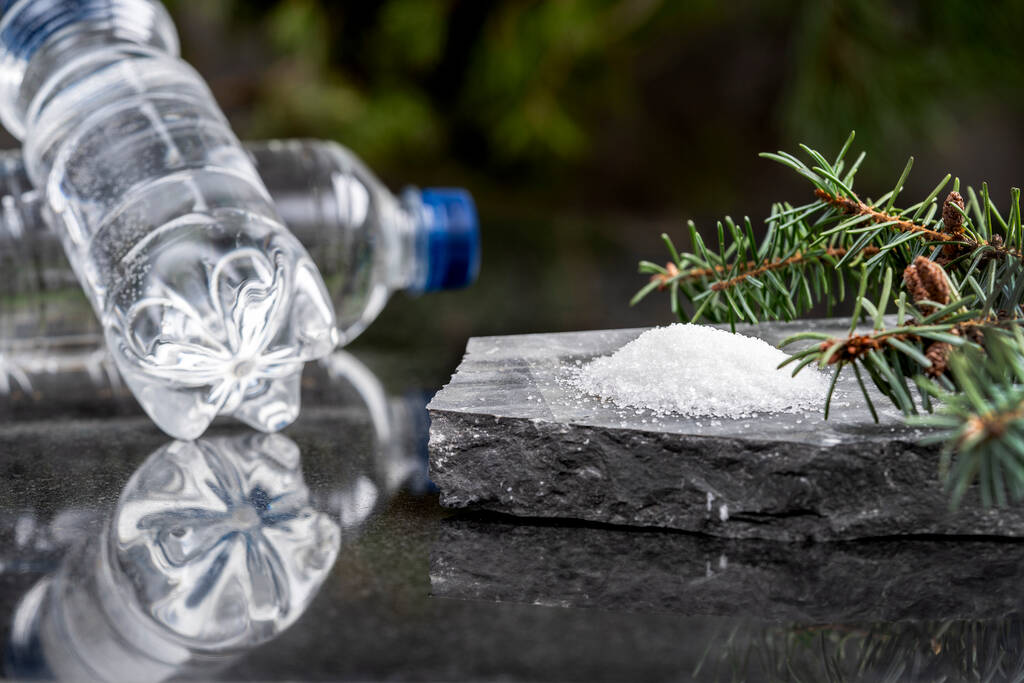The green blogger is on a mini-vacation and will be back on Thursday, July25. In the meantime, let me post this news roundup as it has been a long since my last weekly news roundup post. I am trying to look for a more efficient way to compile news and I haven’t found one unfortunately. In the meantime, my draft box is piling up with news and I need to put these out before they become stale…
OriginOil Technology processes liquid sewage
OriginOil said its Electro Water Separation™ system (EWS) has successfully treat liquid sewage directly at the point of origin, in commercial buildings. A prototype EWS Waste unit (the Waste Appliance™) now processes liquid waste at an urban algae demonstration site near Paris, France, generating clean, nitrate-rich water to feed algae grown on the building’s roof as an energy source.
Xylitol Canada completes xylose demo output
Xylitol Canada has completed pilot demonstration of its cellulosic xylose process. The successful three month campaign proved out critical process and economic metrics needed to advance into commercial scale detailed engineering. A commercial facility is being designed to produce up to 10,000 tonnes of xylose per year from sustainably harvested North American hardwood.
Isoprene research gets grant
C5.6 Technologies of Middleton and the Wisconsin Institute for Sustainable Technology (WIST) at University of Wisconsin (UW)-Stevens Point were awarded a $224,292 National Science Foundation grant to continue work on developing bacteria that will ferment sugar into isoprene. WIST has patented a process to separate biomass into cellulose, hemicellulose and lignin. The cellulose then can be converted to sugar. The WIST patent protects the production of isoprene from cellulose in a biorefinery. The research aims to optimize production process and move it toward commercial viability.
KSB joins bio-rubber project
Pump and valve manufacturer KSB has joined France-based BIOPROOF project, which aims to use plant-based or other recycled material as feedstock for manufacture of high-quality technical rubbers. The project started in April 2013 and is planned to run for five years with partner companies that include EFJM, EMAC, GEFFICA, SACRED, ITC Elastomeres, WATTELEZ, Michelin and Hutchinson.
Consortium develops biorefinery process
A Swedish-Brazilian consortium has kicked off a 3-year project called POLYNOL aimed at developing a new biorefinery process that uses lignin and second generation sugars from wood in the pulp mill to produce ethanol. The process is integrated with a kraft pulp mill when it comes to energy and chemical recovery including lignin extraction.
KAO plant gets RSPO certification
Kao Corporation’s Wakayama plant in Japan has received the RSPO (Roundtable for Sustainable Palm Oil) SCCS certification, which accredits attests that the plant is capable of producing, processing and marketing products that use sustainable palm oil and palm kernel oil. Kao plans to meet all of the company’s needs with certified palm and palm kernel oils by 2015.
BIOPLASTIC NEWS:
FKuR expands bio-PE distribution
Braskem and FKuR has expanded their distribution agreement by making FKuR the official distribution partner for Braskem’s Green PE in USA and Canada. FKuR is already the exclusive distributor of Green PE in Europe, which started in November 2011. FKuR also increases the range of applications for Green PE by offering tailor-made compounds under the brand name Terralene based on Braskem’s biobased polyethylene.
…and invests in compounding lines
FKuR said it has recently invested in a new compounding line in order to meet the growing demand of bioplastics and to strengthen its Willich, Germany, location in the long term. The compounding line has been successfully put into operation this year and has increased the production capacity significantly, which has now reached nearly 20,000 tons annually.
PolyOne, Xindao on bioplastic solar charger
PolyOne Corporation has collaborated with Xindao (Rijswijk, The Netherlands) and its design studio XD Design (Shanghai, China) to increase the content of renewable resources within the new XD Design Sunshine Solar Charger. The companies developed all of the molded plastic casing components for this charger from reSound™ biopolymer as alternative to ABS resins. The Sunshine solar charger is the newest item created by the XD Design team in a range of solar chargers for cellphones and tablets.
Huntsman’s bio-epoxy resins in BioMobile
Huntsman Advanced Materials said it is using a specially developed epoxy system that contains over 50% bio-based resin in the BioMobile.ch project, a prototype vehicle developed in 2004 for international competitions such as the Shell EcoMarathon. The vehicle is designed to achieve minimal reliance on the use of fossil fuel resources in its design and construction. Recent research indicates that it is now commercially possible to produce resin systems for industrial applications with a bio-based content that is higher than 80% – when combining up to 100% bio-based resins and up to 80% bio-based hardeners.
Trellis Earth moves from China to New York
Trellis Earth Products (Trellis) will move its manufacturing operations from China and launch its first U.S. manufacturing facility outside of Rochester, NY, with production to begin in 2014. Trellis, a manufacturer of sustainable food service products that uses starch-based bioplastic resins, will invest $8.3m to make its new headquarters at the Rochester Technology Park. The company will gear up to manufacture more than 50 million forks, knives and spoons monthly at its new facility as well as food service flatware and flexible products including clamshells, school lunch trays and plates.



